The Skoptsov Sect: how the Castrati became one of the most influential religious communities in Russia
There are many ways to draw a person into a sect and then keep them in it. But they all have one thing in common — they promise adherents power, money or heavenly grace after death. Of course, nothing is given just like that — serious sacrifices are needed. The more cruel the adherents of sects are to themselves, the more they are united and faithful to the idea, because I want to believe that the torments were not taken in vain. An excellent example of such fanatical self—sacrifice and solidarity were the Russian Scopians - rich and powerful castrati.
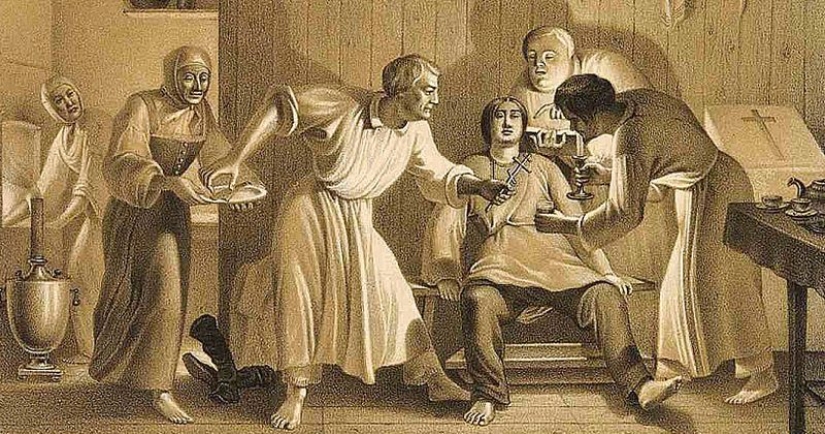
In the second half of the XVIII century, apostates from canonical religions were almost no longer persecuted, and many strange sects appeared in Russia. One of the most numerous and mysterious of them were whips. These people called their communities "ships" and themselves "people of God".
Under the external strictness of this sect, quite peculiar rituals were hidden. Suffice it to say that the services, or as the whips themselves said — "rejoicing", ended with a "holy sin", that is, in modern language — group sex. Some features of this sect were borrowed by modern cults founded by impostors.
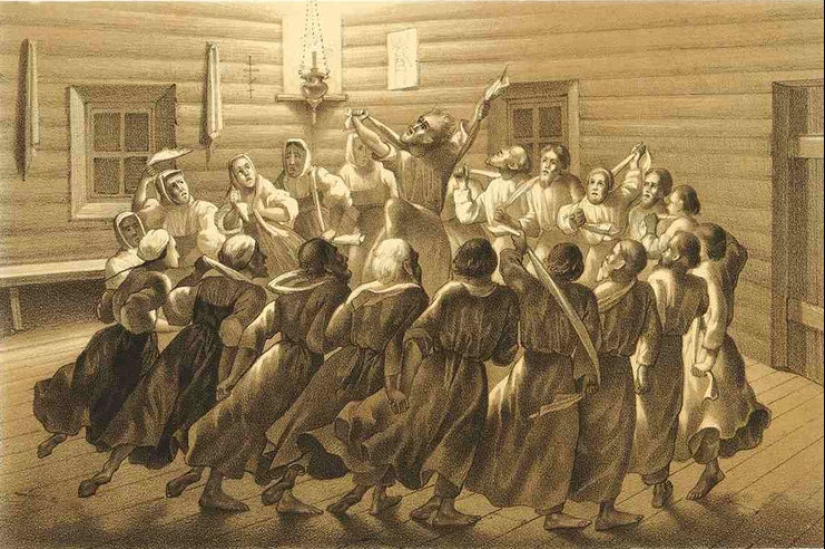
At the door of one such "ship", settled in the Orel province, at the sunset of the enlightened XVIII century, a beggar mute tramp knocked. Akulina Ivanovna, who headed the community, whom everyone called the "Mother of God," ordered the poor fellow to be let in.
The mute explained to the woman by signs that he was a runaway serf hiding from conscription. He asked to be accepted into the "ship" and allowed to stay in the community. After a short reflection, Akulina Ivanovna accepted the man into the sect and immediately a miracle happened — the mute spoke!
The runaway peasant called himself Kondrati Selivanov, and he was supposedly mute from birth. Of course, it was a lie, but the "Mother of God" was able to use it effectively to strengthen her authority. It was announced that Selivanov was the "son of God" and Akulina herself gave birth to him for worldly life.
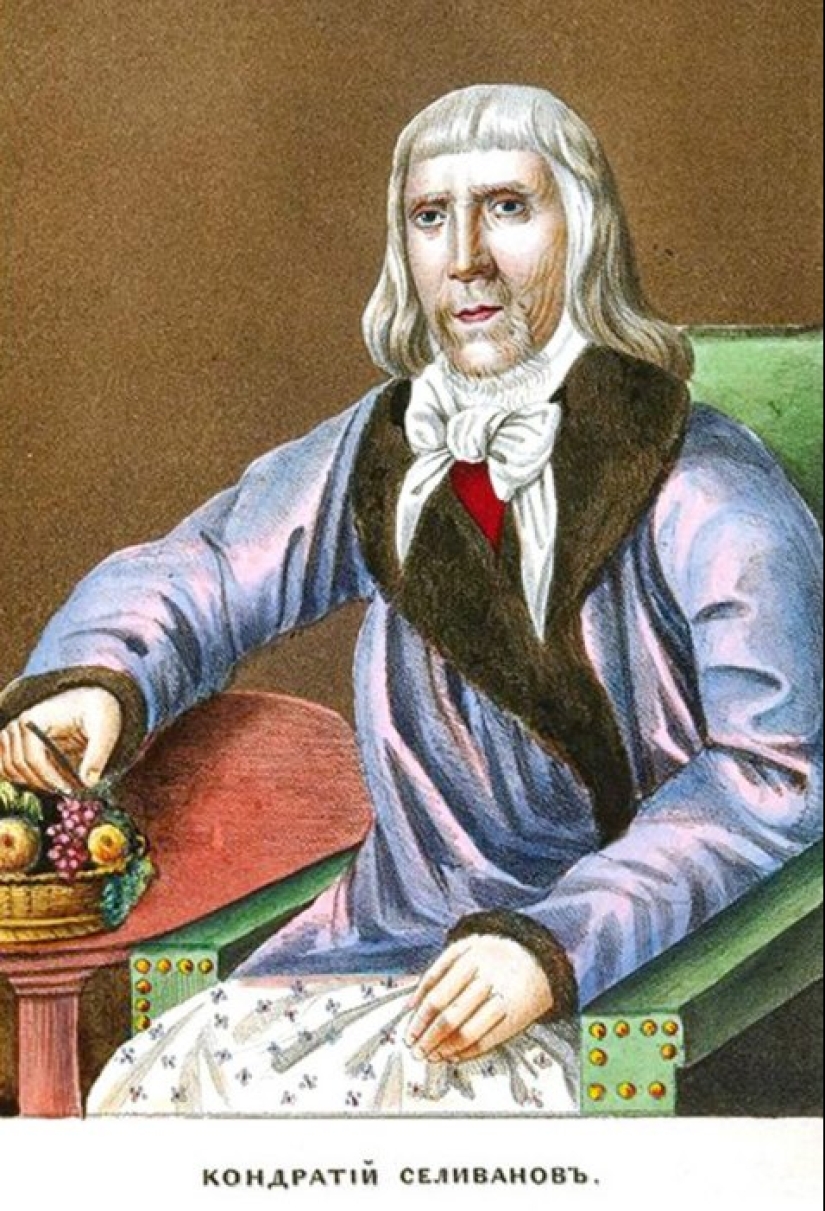
This immediately made Kondratiy the second person of the community after the "Mother of God". But Selivanov was very different from other whips — he did not take part in debauchery, but instead prayed a lot and read spiritual books.
After a while, he harshly accused khlystov of debauchery and began to insist that the only way to cope with temptation was to voluntarily deprive himself of the physical opportunity to fornicate. Setting an example to other adepts, he castrated himself with a hot iron and demanded that the others do the same.
But as it turned out, the brothers and sisters were not ready for such self-sacrifice and turned away from Kondrati. As a result, Selivanov had to leave the "ship" that sheltered him and look for his way to God on his own.
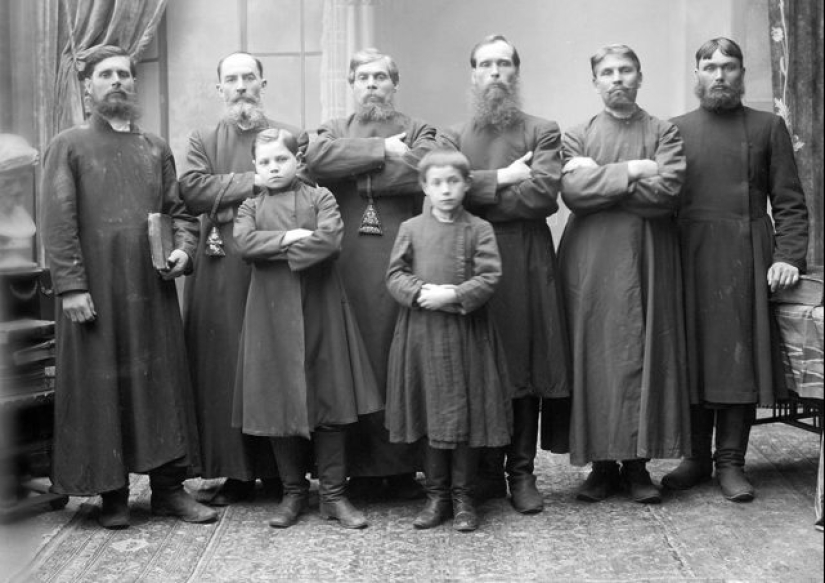
Selivanov settled in the Tambov province, where he created his "ship". Despite the organization similar to the whips, his sect was strikingly different, primarily in chastity and strictness towards himself and others. Kondratiy began to call himself nothing else than "the son of God" and "the redeemer", and he called his mission on earth the salvation of mankind from lust.
The new prophet considered the "crushing of the pernicious serpent" to be the main way of fighting, which could be understood both figuratively and verbatim. Selivanov called the process of fighting the "snake" a "fiery baptism", which was nothing more than barbaric artisanal castration.
All those who joined the sect were castrated. A special master performed the operation for men, and a trained old woman for women. Since there were few specialists, sectarians often castrated each other without waiting for the master to come to the village, and sometimes castrated themselves.
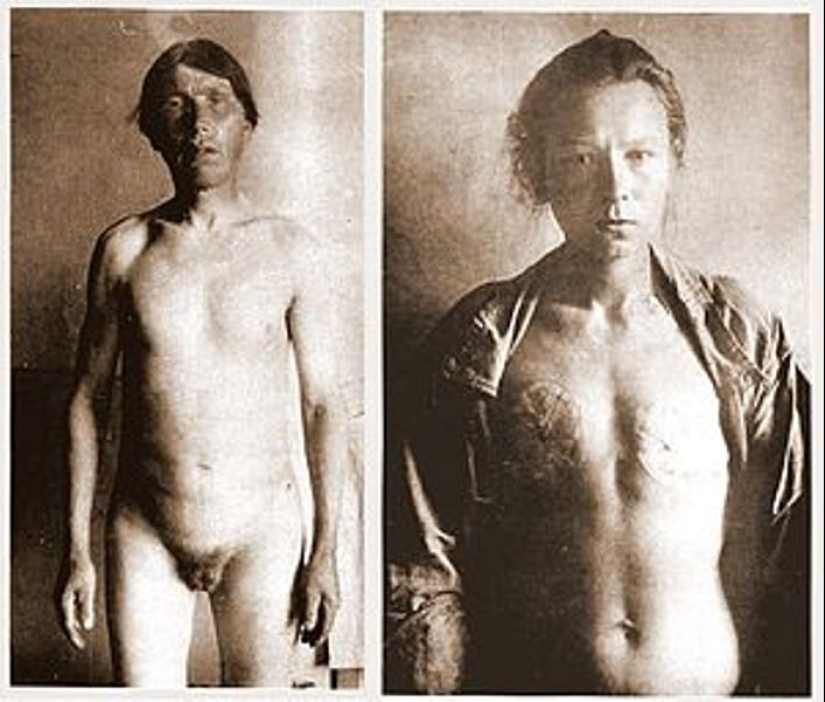
Two types of castration were distinguished. The simplest way was the "first seal", which meant "cutting off the testicles together with a part of the scrotum after preliminary tightening of the scrotum, above the captured testicles, with a thick thread, ribbon or rope" (Pelikan E., "Forensic studies of the flock").
But it was not the greatest religious feat. Those who were subjected to such castration could have sexual relations and were only deprived of the opportunity to continue their kind. A sectarian who decided to protect himself as much as possible from worldly temptations accepted the "second seal" or "royal seal". In this case, not only the testicles were removed, but also the penis. Sometimes the Eunuchs went even further and even removed their nipples.
To avoid involuntary urination, the Scopians resorted to various tricks. Most often, they inserted specially made pegs made of lead or tin into the opening of the urethra. They were placed in the urethra immediately after the operation also in order to prevent its overgrowth.
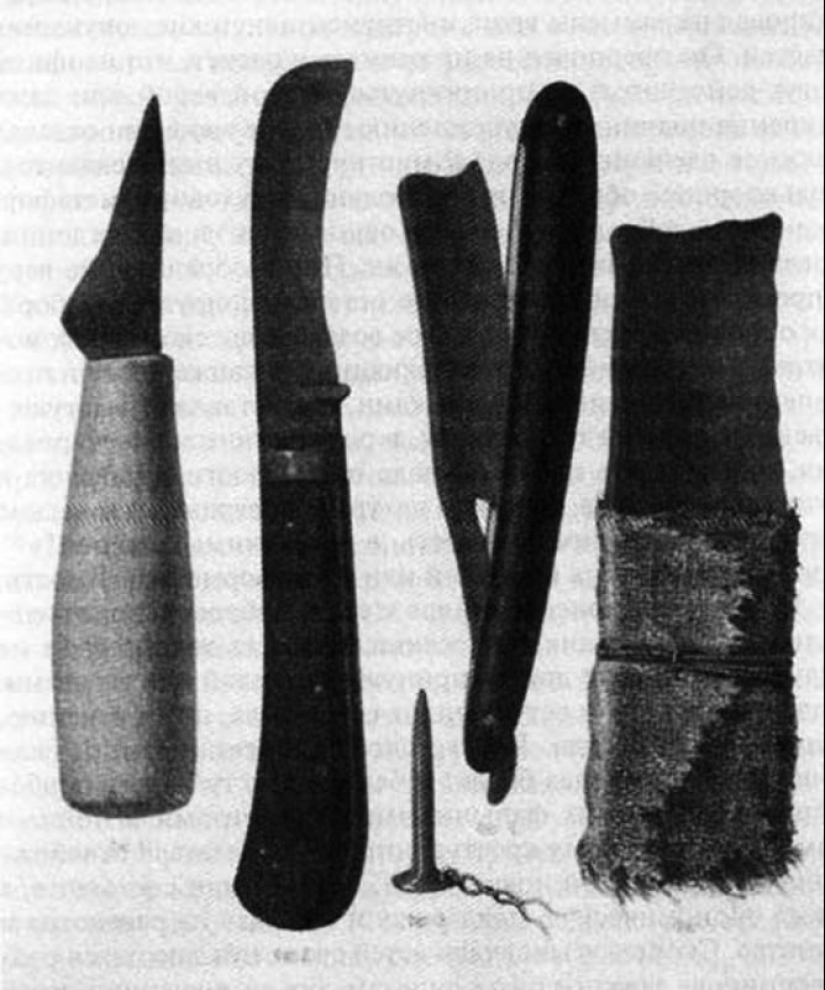
Women who joined the sect had their clitoris and labia removed. Very rarely performed surgery to cut off the breasts. Unlike men, they did not lose their reproductive function after the ritual. There are examples when women who left the sect got married and gave birth to children.
They tried to draw rich peasants into the sect, who, in turn, could force their debtors to join the sect, blackmailing them and promising to forgive everything. In general, the financial component in the sect was very strong — not being able to transfer their capitals to their children, the Scopians bequeathed them to their brothers and sisters. As a result, the community grew rich and drew new adherents into its networks, acting by persuasion and blackmail.
The Scopians willingly helped each other with money, since the influence of the entire sect depended on the growth of everyone's well-being. Therefore, there were many who joined their ranks from mercantile motives, dreaming of escaping from poverty at such a price. The most terrible thing was that sometimes older relatives castrated children from their family, leaving them no choice in life.
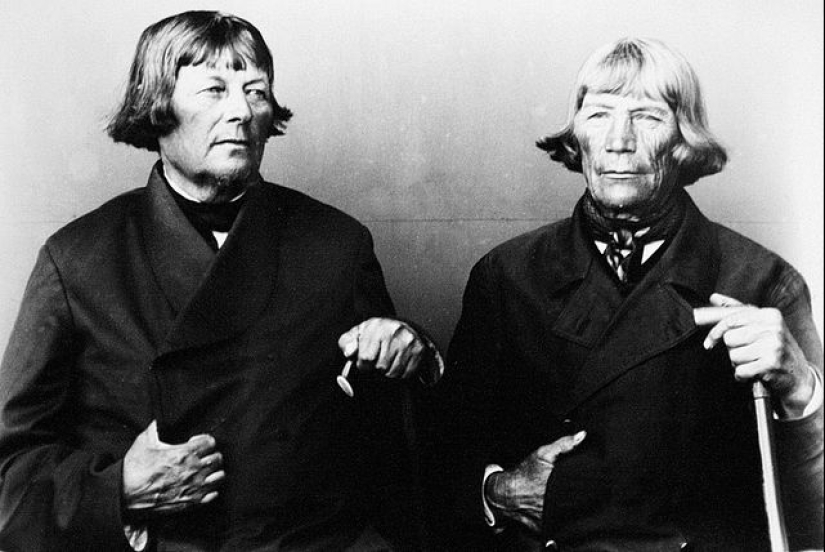
The number of eunuchs was growing rapidly and influential people and their children were increasingly getting into their networks. This could not go unnoticed and soon persecution began against the sectarians. The first trial of the Skoptsy took place in 1772. According to his decision, 300 adherents, together with the founder of the sect Kondratiy Selivanov, were sent into exile to Siberia.
On the way, Selivanov managed to escape, after which he calmly continued to preach. The identity of this mysterious man is surrounded by a lot of speculation. The most famous of them is the rumor that Kondraty is Peter III, that is, the legitimate emperor, deposed by his wife Catherine II.
The sect flourished during the reign of Alexander I. The Scoptsy stopped being persecuted, and the police were forbidden to appear in Selivanov's house. Kondraty was no longer afraid of anything and personally castrated young men and men right at home. It is quite obvious that the sect had powerful patrons.
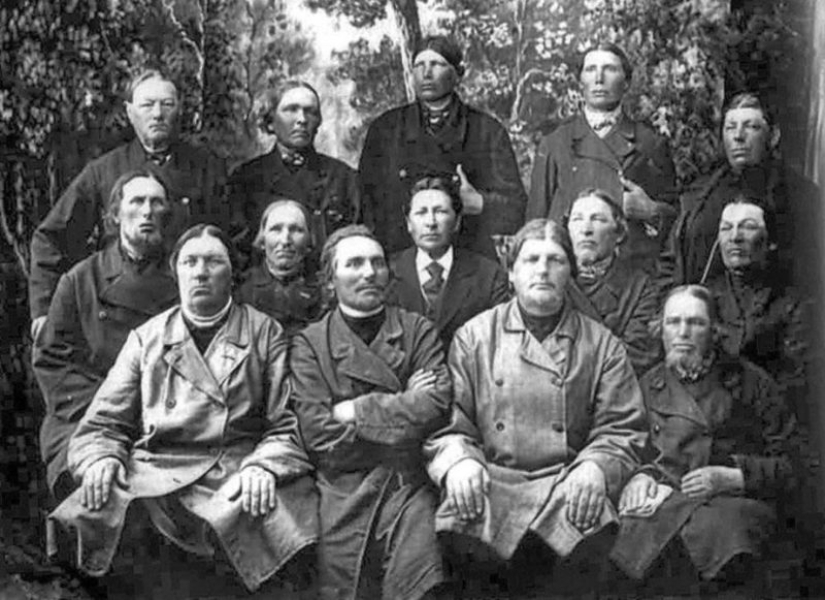
But it all ended in 1820, when one of the tsar's favorites, the hero of the War of 1812, Count Miloradovich, found out that two of his nephews were involved in the sect. The case was brought to court and Selivanov was arrested. The main Scopian was sentenced to exile to a remote monastery in the Suzdal province, where he died in 1832, being a very old man.
But with the death of Selivanov, the sect did not disappear — the number of eunuchs on the territory of the Russian Empire amounted to several tens of thousands and their ranks were constantly replenished. Selivanov's place was taken by the Morshansky merchant of the first guild Maxim Plotitsyn.
In 1869, the new head of Skoptsov was caught on a bribe to an official. This crime was the reason for a search in the house of Plotitsyn, during which they found 30 million rubles — incredible money by the standards of that time.
The case of Plotitsyn once again drew attention to the Scopians and a new wave of persecution began. Under Alexander II, not only the sectarians themselves were sent to Siberia, but also everyone who was somehow connected with them.
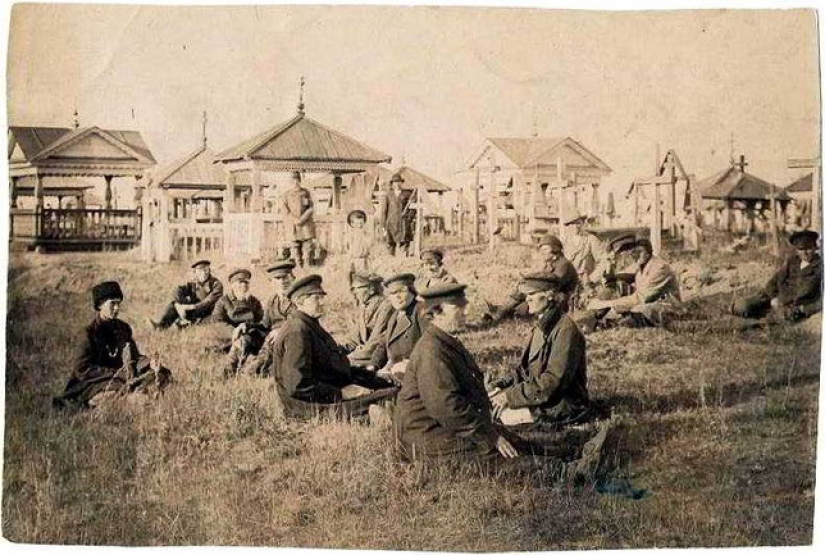
But neither Alexander II, nor his son and grandson managed to eradicate the Eunuchs. It turned out only with the Soviet government, and even then not immediately. It is known that the last trial of the Skoptsy in Soviet Russia took place in 1929, after which no one heard about the castrati sectarians anymore.
Recent articles

It's high time to admit that this whole hipster idea has gone too far. The concept has become so popular that even restaurants have ...

There is a perception that people only use 10% of their brain potential. But the heroes of our review, apparently, found a way to ...

New Year's is a time to surprise and delight loved ones not only with gifts but also with a unique presentation of the holiday ...